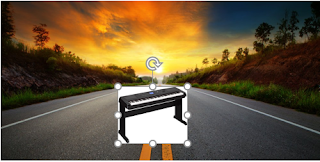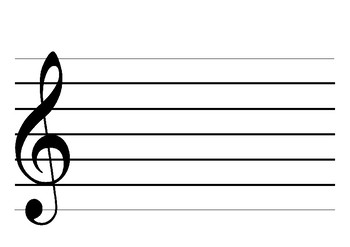While creating my Ted Talk and realized that I accomplished more than I set out to do. For example I:
- Learned basic exercises
- Learned about the history of the piano
- Learned about famous pianists
- Learned about how the piano worked
- Learned a small amount about basic music theory
- Learned to play riffs from songs
- Learned to read sheet music
- Learned how to play a full song (of difficulty)
Despite seeming like I achieved a lot, as I reflected I realized many of the accomplishments I made were brief, and I didn't really get to dive into and truly learn about some of the things I wanted to. Although I didn't really get to master some of the things I wanted to, I feel like I did a good job for having a short time frame. I also feel that by doing and learning about a variety of things, I was able to stay interested. Now that I don't have a time limit anymore, I can explore freely and get a better understanding of some of the things that peaked my interest. For example I really enjoyed learning about music theory and watching famous pianists, so maybe those are some things I can continue to learn about.
At the beginning of this project, I chose to play the piano because I conveniently had a keyboard sitting in my attic and it sounded fun. I didn't believe I would ever play a song or even enjoy playing it that much. Through playing, many of these preconceived ideas changed, and I felt myself out of my comfort zone, but not hating it. I enjoyed playing an instrument and making music. It was something different and something I could be proud of. Over the course of this project, I didn't just build my skills, I also built my interest.

These 6 weeks might be over, but I plan to try to continue playing the piano and getting better. With summer creeping up, it will be something cool to do when I am bored. Now that I have basic skills, I can start to learn more songs and build up my inventory. I may never be the next Mozart, but it would be cool to learn some harder songs and continue to get a little better. As of now I feel that my future on the piano is bright.

This is it for my blog. I know many of you are probably shedding a tear as you realize that you won't be able to read about my journey anymore, but let me assure you that this is not the end of the road. I will try to continue to play and get better. It seemed like yesterday I was looking ahead and planning for the next 6 weeks, but all of a sudden I am looking back and reflecting. Its been a great experience and this has been a great project. It really gave me the opportunity to explore something new and find a new interest. It also gave me a chance to learn something different than the curriculum, and on top of learning something cool like playing the piano, I got to learn a lot about myself and my learning process. I believe many of the things I learned throughout this project will be important to me in the future. This project was one of the better ones this year and defiantly was the most beneficial.
At this point I would like to say goodbye, and say thank you for reading my blog.














